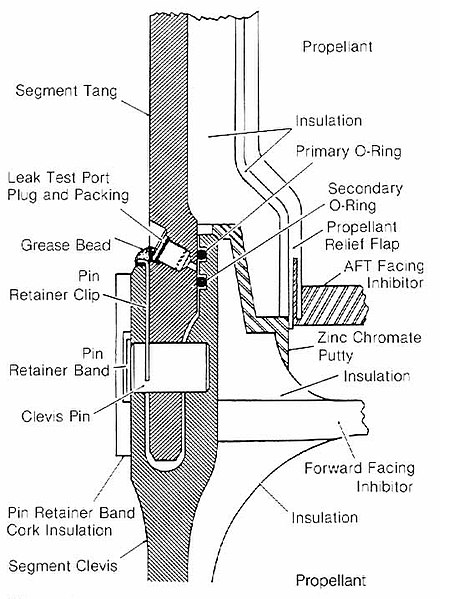Michael John Smith, was an American engineer and astronaut. He served as the pilot of the Space Shuttle Challenger when it was destroyed during the STS-51-L mission, breaking up 73 seconds into the flight, and at an altitude of 48,000 feet (14.6 km), killing all seven crew members. Smith's voice was the last one heard on the Challenger voice recorder.
Smith in 1981
Space Shuttle Challenger disaster
On January 28, 1986, the Space Shuttle Challenger broke apart 73 seconds into its flight, killing all seven crew members aboard. The spacecraft disintegrated 46,000 feet (14 km) above the Atlantic Ocean, off the coast of Cape Canaveral, Florida, at 11:39 a.m. EST. It was the first fatal accident involving an American spacecraft while in flight.
Challenger's solid rocket boosters fly uncontrollably after the breakup of the external tank separated them from the shuttle stack. The remains of the orbiter and tank leave thin white contrails as they fall toward the Atlantic Ocean.
Space Shuttle Challenger – assembled for launch along with the ET and two SRBs – atop a crawler-transporter en route to the launch pad about one month before the disaster
Cross-sectional diagram of the original SRB field joint. The top end of the lower rocket segment has a deep U-shaped cavity, or clevis, along its circumference. The bottom end of the top segment extends to form a tang that fits snugly into the clevis of the bottom segment. Two parallel grooves near the top of the clevis inner branch hold ~20 foot (6 meter) diameter O-rings that seal the gap between the tang and the clevis, keeping hot gases out.
STS-51-L crew: (back) Onizuka, McAuliffe, Jarvis, Resnik; (front) Smith, Scobee, McNair.





